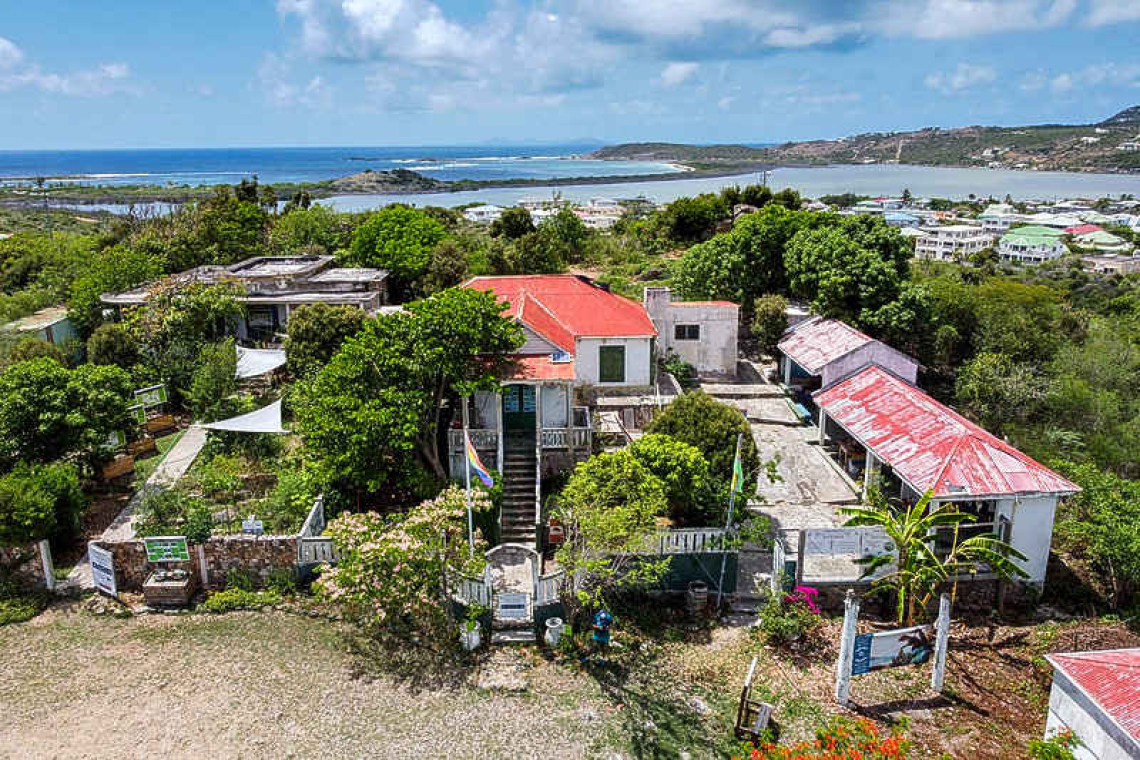THE HAGUE--Beginning in mid-August 2025, organizations in the Caribbean and European parts of the Kingdom of the Netherlands, as well as in Suriname, will be eligible to apply for funding from a newly created 100-million-euro Slavery Fund. The fund is intended to support projects that promote awareness, healing, and recognition of the enduring impact of slavery.
The announcement was made by Minister of Home Affairs and Kingdom Relations, Judith Uitermark, during a parliamentary debate focused on addressing the legacy of slavery. The fund will be divided evenly across the three regions: the Caribbean, the European Netherlands, and Suriname.
Official application guidelines will be published on July 1—the date marking the abolition of slavery in the Kingdom in 1863.
In addition to the fund available to civil society, a separate 100 million euros has been reserved for government-led policy initiatives. These funds will be accessible to public institutions through formal proposals. On July 1, the Caribbean countries within the Kingdom are also expected to unveil their own action plans related to slavery and its legacy.
The initiative has sparked political debate. Party for Freedom PVV Member of Parliament (MP) Peter van Haasen dismissed the fund as “a subsidy-driven victim industry,” accusing activist groups of encouraging dependency through ceremonies, commissions, and awareness programmes. JA21’s Joost Eerdmans also criticized the 200-million-euro package, suggesting the funds should be allocated to “more meaningful” projects.
By contrast, MPs from the socialist coalition party GroenLinks-PvdA, right-wing New Social Contract (NSC) party, Democrats ‘66 (D66), and right-wing Christian Union (ChristenUnie) emphasized the need for long-term educational reform and deeper public engagement. MPs Raoul White (GroenLinks-PvdA), Faith Bruyning (NSC), Mpanzu Bamenga (D66), and Don Ceder (ChristenUnie) called for greater attention to the Netherlands’ colonial history in school curricula. Minister Uitermark confirmed that steps are already being taken to improve educational content on this subject.
In response to Van Haasen’s question about when the focus on the slavery past would end, Uitermark was unequivocal: “Let me be clear. We are not putting a full stop. This is a continuous process, and we are only just beginning.”
The fund marks a significant step in the Dutch government’s ongoing efforts toward reconciliation and historical accountability, following its formal apology in 2022 for the Netherlands' role in slavery.







